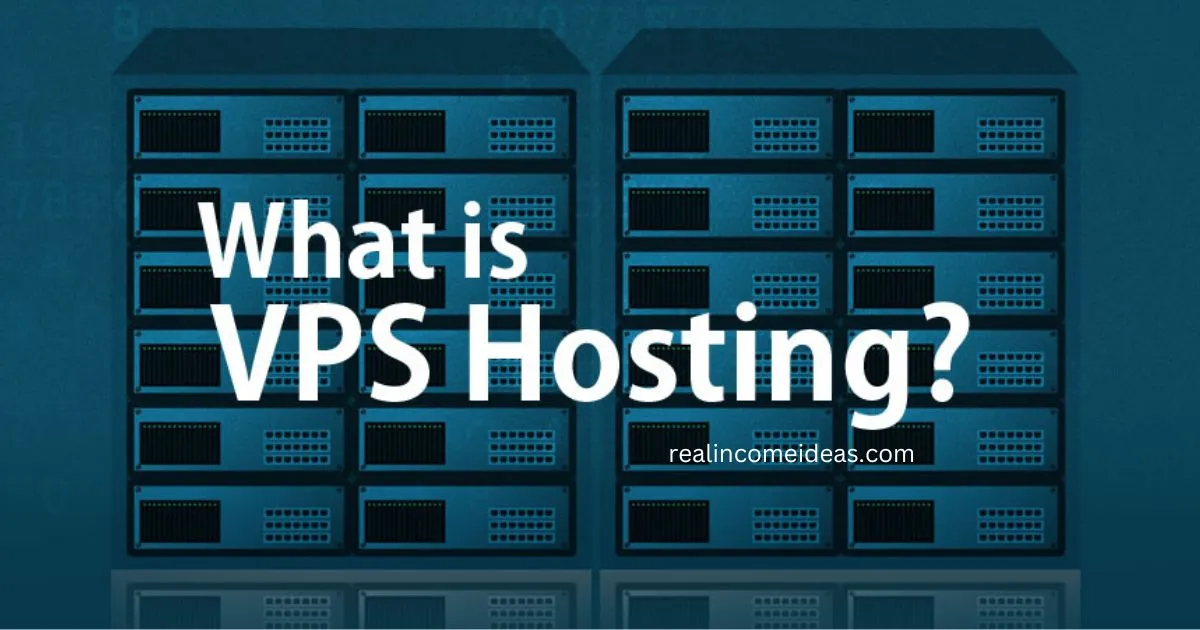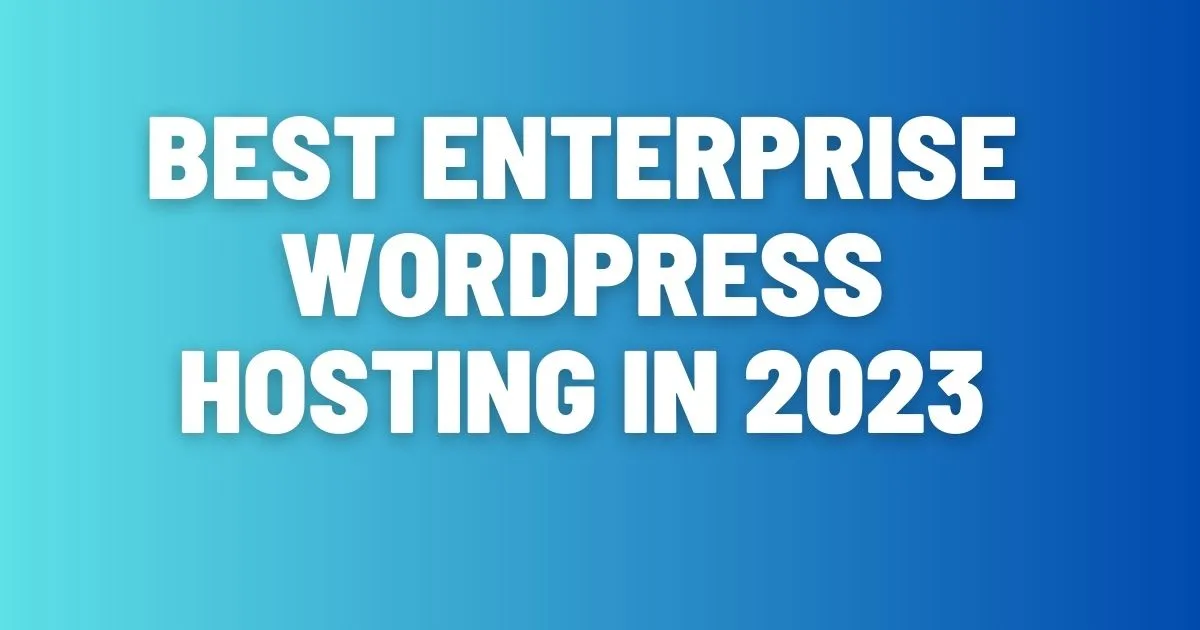In today’s fast-paced digital landscape, E-commerce has become a thriving industry, and the need for reliable and high-performance E-commerce hosting solutions has never been greater.
As more businesses venture into the online realm, it is essential to understand the significance of selecting the right hosting platform that can effectively support and propel your online business forward.

In this comprehensive guide, we will explore the key aspects of E-commerce hosting in 2023, revealing the top strategies and considerations that will help you outrank the competition and establish a dominant online presence.
Evolution of E-commerce Hosting
Over the years, E-commerce hosting has undergone significant transformations, adapting to the ever-changing needs and expectations of online businesses. As we step into 2023, it is crucial to understand the latest trends and advancements in the industry.
E-commerce hosting providers have recognized the need for scalable, secure, and feature-rich platforms that empower businesses to succeed in the highly competitive digital market.
Unleashing the Power of Performance
One of the most critical factors to consider when selecting an E-commerce hosting solution is performance. In today’s era of instant gratification, customers demand seamless user experiences, lightning-fast page loading speeds, and optimal website performance.
These factors not only improve user satisfaction but also play a pivotal role in search engine rankings. Therefore, it is imperative to choose an E-commerce hosting provider that offers robust infrastructure, advanced caching mechanisms, and a global content delivery network to ensure unparalleled performance and speed.
Security
Security is paramount in the E-commerce realm, especially considering the sensitive customer data and payment information involved. In 2023, the importance of an impenetrable security infrastructure cannot be overstated.
Look for an E-commerce hosting provider that implements cutting-edge security measures, such as SSL encryption, firewalls, regular malware scans, and DDoS protection.
This comprehensive security framework not only instills trust and confidence in your customers but also strengthens your website’s search engine visibility.
Mobile Optimization
With the rapid growth of mobile devices, optimizing your E-commerce website for mobile platforms is no longer a choice it is a necessity. Mobile-friendliness has a direct impact on both user experience and search engine rankings.
Ensure that your chosen E-commerce hosting provider offers responsive design templates, mobile-friendly checkout processes, and accelerated mobile page functionality. By catering to the mobile market, you can tap into a vast customer base and surpass competitors who neglect the importance of mobile optimization.
SEO-Friendly Architecture
To outrank your competitors and capture a significant share of organic search traffic, prioritizing search engine optimization is crucial. When selecting an E-commerce hosting solution, opt for a provider that offers SEO-friendly architecture, including customizable URLs, meta tags, sitemaps, and schema markup integration.
Also, consider the platform’s ability to handle large product catalogs efficiently, optimize page load times, and support structured data, as these elements contribute to improved search visibility and higher rankings.
Robust Integration Capabilities
Running a successful E-commerce business involves seamlessly integrating various third-party applications, plugins, and extensions.
Your chosen hosting provider should offer an extensive range of integration options, ensuring compatibility with popular E-commerce platforms, payment gateways, shipping providers, and marketing tools.
Streamlining your operations through integrations enhances your website’s functionality, improves user experience, and positions your business for sustained growth.
Customer Support
When it comes to E-commerce hosting, reliable and efficient customer support is a lifeline for your business. Technical issues can arise at any time, and having a hosting provider that offers 24/7 customer support can make a significant difference.
Look for a hosting company that provides multiple support channels, such as live chat, email, and phone support, ensuring that you can quickly resolve any issues that may impact your website’s performance or user experience.
Uptime Guarantee
Downtime can be detrimental to your E-commerce business, leading to lost sales and frustrated customers. Therefore, selecting a hosting provider that offers a strong uptime guarantee is paramount.
Look for a provider that boasts a high uptime percentage, ensuring that your online store remains accessible to customers 24/7. A reliable hosting infrastructure, redundant server systems, and proactive monitoring are key components to ensure optimal uptime.
Analytics and Reporting
In the highly competitive E-commerce landscape, data-driven decision making is vital. Choose an E-commerce hosting solution that provides robust analytics and reporting capabilities.
These tools will empower you to track and analyze crucial metrics, such as website traffic, conversion rates, customer behavior, and sales performance.
Armed with this valuable information, you can make informed business decisions, optimize your marketing strategies, and continuously improve the performance of your online store.
E-commerce Platform Integration
Flexibility and scalability are critical for the growth of your online business. Consider an E-commerce hosting provider that seamlessly integrates with popular E-commerce platforms, such as Shopify, Magento, or Woo Commerce.

This integration allows you to leverage the powerful features and functionalities of these platforms while benefiting from the performance and security of your hosting solution.
It enables you to expand your business, manage inventory efficiently, and provide a seamless shopping experience to your customers.
Backup and Disaster Recovery
In the digital landscape, unforeseen events can occur, ranging from accidental data loss to catastrophic events like server failures or natural disasters. Having a robust backup and disaster recovery system is essential for safeguarding your E-commerce business.
Choose a hosting provider that offers regular backups of your website’s data, preferably with off-site storage. Also, inquire about their disaster recovery plans and measures to ensure business continuity in the face of unexpected disruptions.
Conclusion
The landscape of e-commerce hosting in 2023 is filled with immense opportunities and advancements. As online shopping continues to dominate consumer behavior, businesses are increasingly relying on robust and reliable E-commerce hosting solutions to drive their success.
In this era, E-commerce hosting providers have stepped up their game by offering cutting-edge technologies, such as cloud computing and AI-driven analytics, to deliver exceptional performance, scalability, and security. These advancements have empowered businesses of all sizes to create and manage their online stores with ease, regardless of their technical expertise.
Furthermore, the mobile revolution has further accelerated the growth of E-commerce hosting in 2023. With the increasing use of smartphones and tablets for online shopping, hosting providers have prioritized mobile optimization and responsive design, ensuring seamless experiences across devices and platforms.
The importance of data security and privacy has never been more crucial in the E-commerce industry. E-commerce hosting providers have invested heavily in advanced security measures, including SSL certificates, encryption protocols, and fraud detection systems, to protect sensitive customer information and build trust among online shoppers.
FAQS
1. What is E-commerce hosting and why is it important?
It involves hosting and managing all the technical aspects of an e-commerce website, such as server infrastructure, security, and performance optimization.
This type of hosting is essential for running a successful online store as it ensures a seamless and secure shopping experience for customers.
2. What features should I look for in an E-commerce hosting provider?
Look for features like high uptime guarantees, redundant server architecture, and fast loading times. Secondly, prioritize security measures such as SSL certificates, DDoS protection, and regular backups to safeguard your customers’ sensitive information.
Lastly, consider additional features like easy integration with popular E-commerce platforms, 24/7 technical support, and user-friendly website management tools.
How does E-commerce hosting affect website performance?
Reliable hosting providers utilize techniques such as content delivery networks, caching mechanisms, and efficient resource allocation to ensure fast and responsive websites.
By choosing a high-performance hosting solution, you can provide a smooth browsing experience, reduce cart abandonment, and improve overall customer satisfaction.
How does E-commerce hosting handle website security?
They typically offer SSL certificates to encrypt data transmission, ensuring secure online transactions. Also, reputable hosting providers employ firewalls, intrusion detection systems, and regular security audits to detect and mitigate potential threats.
Backups and disaster recovery plans are also crucial components of E-commerce hosting to safeguard against data loss and expedite recovery in case of an incident.
What are the pricing options for e-commerce hosting?
Shared hosting plans are usually the most affordable but may have limitations in terms of resources and performance.
Virtual private servers and dedicated servers provide more control and scalability but come at higher price points. Some hosting providers also offer managed hosting services, where they take care of technical aspects, albeit at a higher cost.




